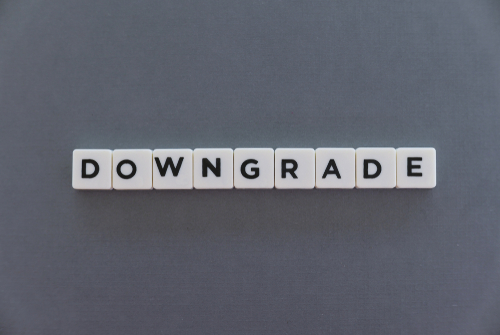This site uses cookies to provide you with a great user experience. By using BondbloX, you accept our use of cookies.
| | | | | | | | | | | | | | | | | | | | | | | | | | | | | | | | | | | | | | | | | | | | | | | | | | | | | | | | | | | | | | | | | | | | | | | | | | | | | | | | | | | | | | | | | | | | | | | | | | | | | | | | | | | | | | | | | | | | | | | | | | | | | | | | | | | | | | | | | | | | | | | | | | | | | | | | | | | | | | | | | | | | | | | | | | | | | | | | | | | | | | | | | | | | | | | | | | | | | | | | | | | | | | | | | | | | | | | | | | | |
Bond Market News
Fitch Cuts Ghana to CCC Following S&P’s Recent Downgrade
August 11, 2022

Ghana was downgraded by Fitch from B- to CCC, driven primarily by a deterioration of its public finances, lack of access to external financial markets and relatively high levels of debt. As a result of its dwindling reserves, Fitch expects that meeting its external debt obligations of $2.75bn in 2022 and $2.8bn in 2023 will be an uphill battle. Additionally, Fitch notes that Ghana has a high domestic cost of debt with interest costs on securities issued by the government reaching 47.5% of revenue in 2021. High domestic debt interest costs are expected to continue until 2024. Coupled with soaring inflation and weak economic growth, Ghana’s fiscal deficit continues to widen, with Fitch expecting a high possibility of debt restructuring in the African nation. On a positive note, Ghana is currently in talks with the IMF for $3bn in funding over the next 3 years, which could keep the African economy afloat and significantly aid Ghana’s ability to repay its debt obligations. Ghana was recently downgraded by S&P as well to CCC+, with Moody’s rating unchanged at Caa1.
Ghana’s 8.125% 2026s are currently trading at 68.72 cents to the dollar, up 0.7 points to yield 21.48%.
Go back to Latest bond Market News
Related Posts:







